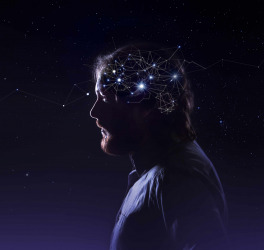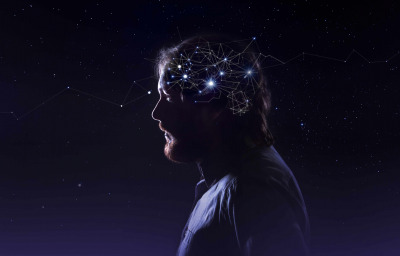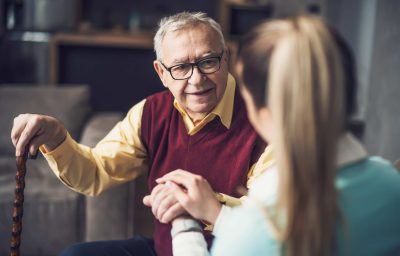
A small study funded by the National Institutes of Health suggests that sleep problems among children who have a sibling with autism may further raise the likelihood of an autism diagnosis, compared to at-risk children who do not have difficulty sleeping.
Previous research has shown that young children who have a sibling with autism are at a higher risk for also being diagnosed with the condition. The study appears in The American Journal of Psychiatry.
If confirmed by other studies, the findings may give clinicians a tool to identify sleep problems early and provide interventions to reduce their effects on the health and development of children with autism. The findings may also provide insights into the potential role of sleep problems in the development of autism.
The study was conducted by Annette M. Estes, Ph.D., of the University of Washington Autism Center in Seattle, and colleagues in the NIH Autism Centers of Excellence Infant Brain Imaging Study Network. NIH funding was provided by the Eunice Kennedy Shriver National Institute of Child Health and Human Development (NICHD) and the National Institute of Mental Health.
“The results are a promising lead,” said Alice Kau, Ph.D., of NICHD’s Intellectual and Developmental Disabilities Branch. “If confirmed by more in-depth studies, patterns of sleep disturbance in early life might be used to pinpoint increased risk for ASD among young children already at risk because they have a sibling with ASD.”
The researchers analyzed data from a long-term study of children who do and do not have siblings with ASD. When the children were 6 and 12 months of age, parents were asked to respond to an infant temperament questionnaire that asks how much difficulty their child has falling asleep at bedtime and falling back to sleep after waking up during the night. At these time intervals, the children also received MRI scans to track their brain development. At 24 months, the children were assessed for ASD.
Of the 432 children participating in the study, 305 had a sibling previously diagnosed with ASD. Of this group, 71 were also diagnosed with ASD at 24 months; while 234 children in this group did not meet the diagnostic criteria for ASD. Of the 127 children who did not have a sibling with ASD, none met the diagnostic criteria for ASD.








